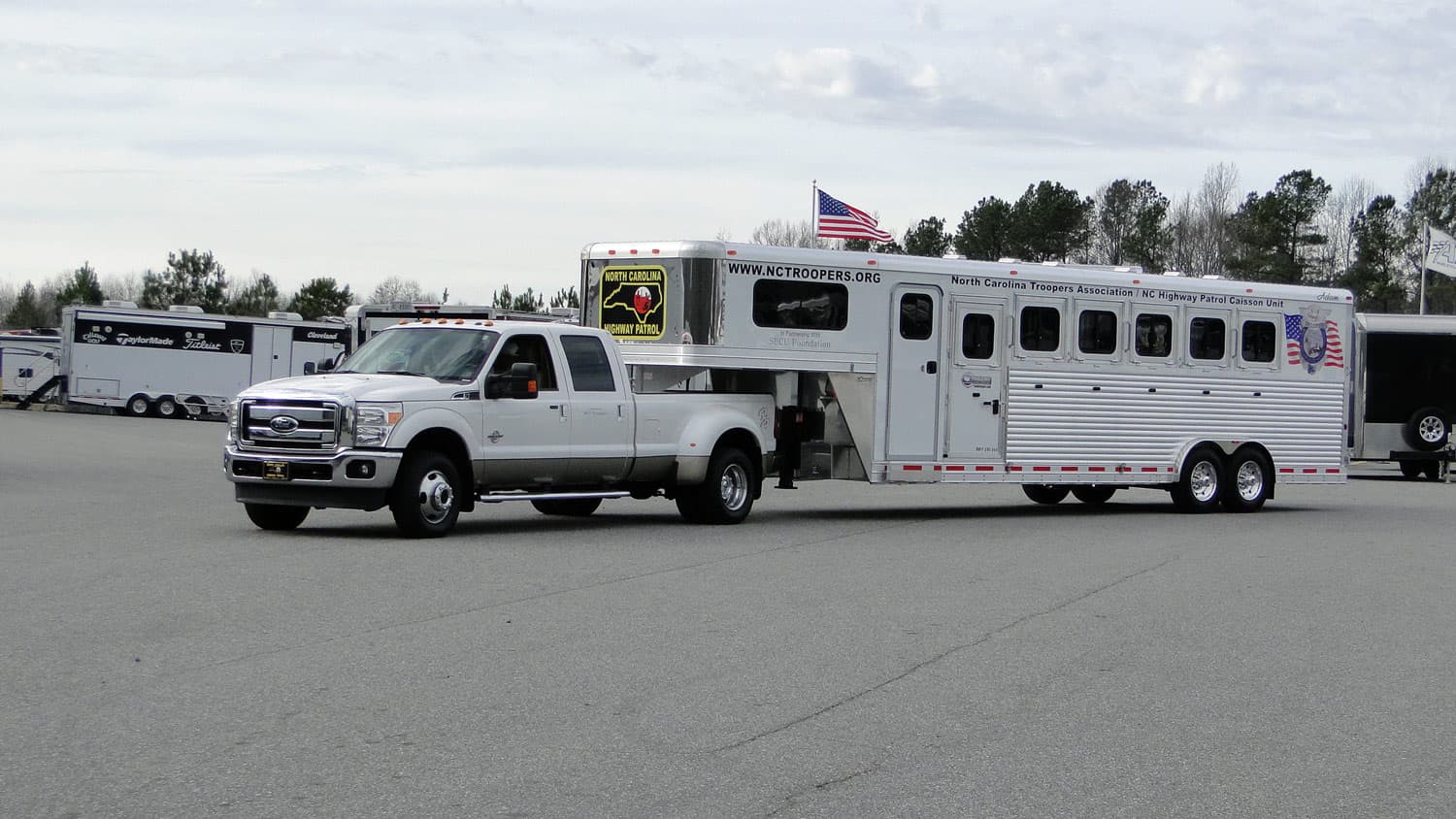Dually Truck Insurance Requirements
Duallies are versatile trucks that can haul a wide range of materials, including autos, construction supplies and anything that can fit in the truck bed or can be towed. If you want the freedom of being your own boss, you’ll need dually truck insurance.
What Is a Dually Truck?
Dually truck hauling jobs are open to you if you have a heavy-duty “one-ton” truck. The truck has a bed to store materials and can tow a trailer behind it, too. The main differentiating characteristic of this truck and others is that it has:
Get Your Free Insurance Quote
- Six wheels
- Two sets of rear wheels
Most duallies are in the 3500 Series of the manufacturer, such as the Dodge Ram 3500. Of course, the Ford F-350 Super Duty is a dually as well.
Insurance Coverage Requirements For Duallies
Dually truck drivers will want at least a commercial auto liability policy, but most drivers will want a hotshot trucking insurance policy. While the legal requirements for insurance will vary from state to state, most clients will want you to have a minimum of $100,000 in cargo insurance.
There are also some other requirements that you’ll need to meet to operate your dually commercially:
The Federal Motor Carrier Safety Administration, or FMCSA, requires at least $750,000 in liability coverage. Brokers and shippers will be looking for a minimum of $1 million in coverage.
You’ll need at least $5,000 in cargo insurance, although most clients will want $100,000.
If you plan to cross state lines with your truck, then you’ll also need an MC number. You’ll need to file an MCS-150 and BOC-3.
Having a comprehensive insurance policy will ensure that all of your risks are covered.
Coverage Options
Dually truckers face the same risks as any other trucker, which is why it’s important to ensure that you have a well-designed insurance policy.
A well-designed policy will have the following coverages:
- Auto Liability: Will cover property damage and bodily injury to others in the event of an accident.
- Cargo Insurance: Protects your cargo against fire, vandalism, theft and other losses. A minimum of $100,000 per load is recommended.
- Comprehensive: Protects both your truck and trailer against fire, theft, vandalism and physical causes of loss.
- Collision: Covers your equipment in the event of a rollover or if there’s an impact with another stationary object or vehicle.
- Medical Payments: Provides coverage for medical care if you are injured while operating your dually.
- Family Emergency Expenses: Provides a payment of up to $2,500 for family travel expenses if you are injured while away from home.
- Loading and Unloading: Covers commodities while they’re being loaded or unloaded.
- Towing and Storage: Covers expenses related to towing and storage of equipment if it’s damaged in an accident.
- Debris Removal: If an accident occurs, this policy will cover the cost of removing debris as reasonable and necessary.
- Earned Freight: Will cover lost income if a load can’t be delivered because of a covered cargo loss.
- Downtime: Will pay up to $100 per day for 30 days if your truck is damaged in an accident.
- Loss Mitigation: Will cover costs relating to preventing more damage to the cargo.
How Much Is Insurance on a Dually Truck?
Dually truck insurance costs vary, depending on:
- City: Hauling in major cities, such as Houston, Chicago, New York City or Los Angeles, is considered riskier for insurers because of the greater risk of accidents.
- Driving record: If you have a clean driving record, you’ll benefit from lower premiums. Drivers with accidents or frequent claims can expect to pay higher premiums.
- Cargo type: Insurance will go up or down based on the value of the goods hauled.
- Year and model: Newer vehicles or high-end models will cost more to replace or repair, which is reflected in your annual premiums.
If you have a dually for hauling your own materials, you can expect to pay around $2,000 per year for insurance. Hauling for other companies with your dually is riskier for the insurance company and can cost $8,000+.
You may be able to lower your premiums by bundling policies with the insurer or by adjusting your policy limits or deductible.
Obtaining multiple quotes from insurers, comparing them and discussing your needs with an insurance agent will help you keep costs down while providing adequate coverage.


